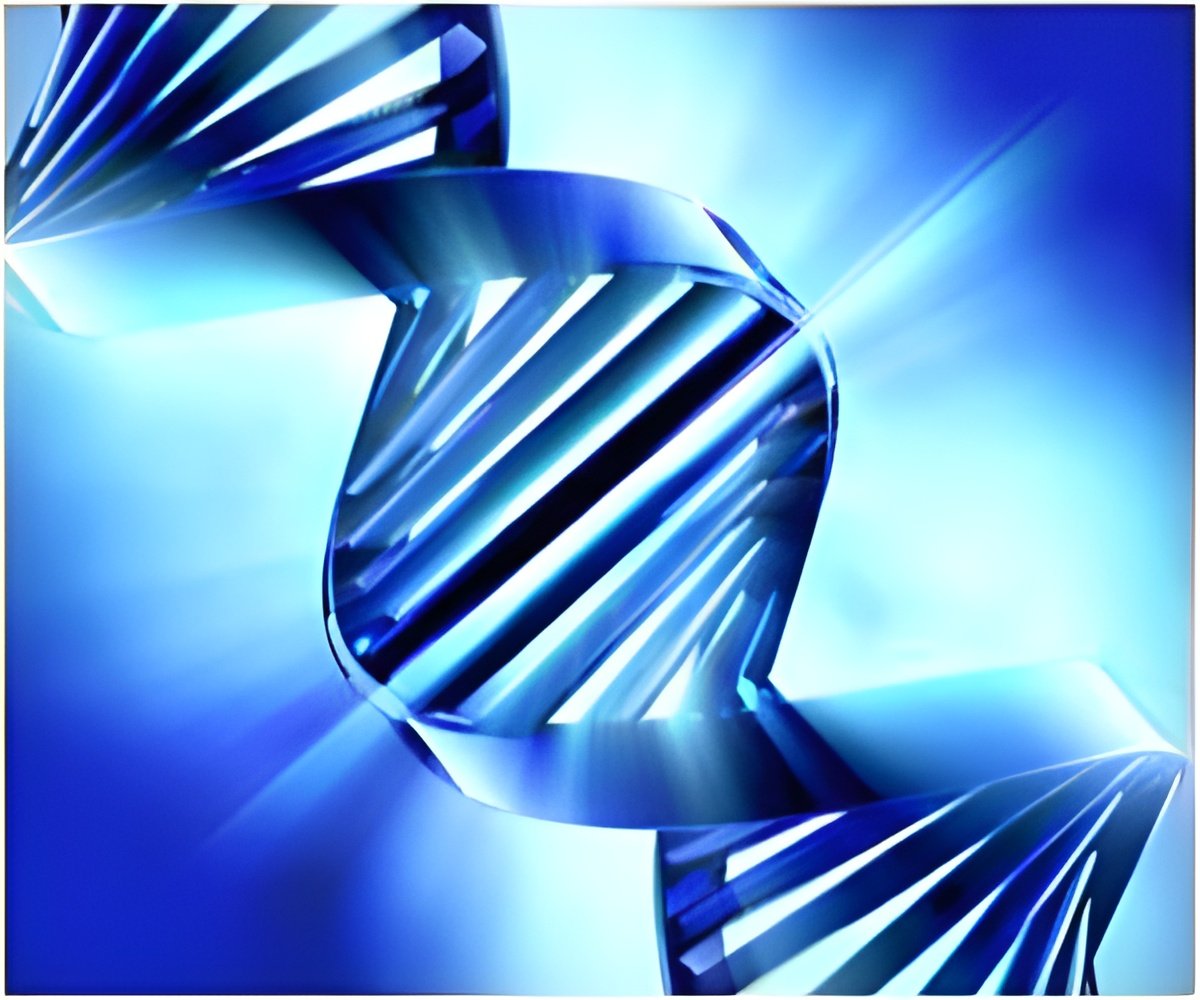
Scientists have known about DICER for many years, but its exact role in sparking tumor cells to grow has been unclear.
When the gene mutates, DICER's function is changed "so that it participates directly in the initiation of cancer, but not in a typical 'on-off' fashion," said co-author Gregg Morin, a lead scientist from the Michael Smith Genome Sciences Centre at the British Columbia Cancer Agency.
"DICER can be viewed as the conductor for an orchestra of functions critical for the development and behavior of normal cells," explained co-author Gregg Morin, a lead scientist from the Michael Smith Genome Sciences Centre at the British Columbia Cancer Agency.
"The mutations we discovered do not totally destroy the function of DICER, rather they warp it -- the orchestra is still there but the conductor is drunk."
Researchers are examining whether DICER plays a role in other cancers, and will investigate if mutant DICER can be manipulated to treat the cancers it causes.
Advertisement
More than 46,000 cases of uterine cancer and 8,100 deaths arise each year in the United States. Testicular cancer is more rare, with 8,300 new cases per year and 350 US deaths, according to the American Cancer Society.
Advertisement
"Huntsman, Morin and colleague's very exciting discovery of specific mutations in DICER, a factor essential for syntheses of small regulatory RNAs in ovarian and other human tumors, could lead to new approaches to treatment."
Source-AFP














